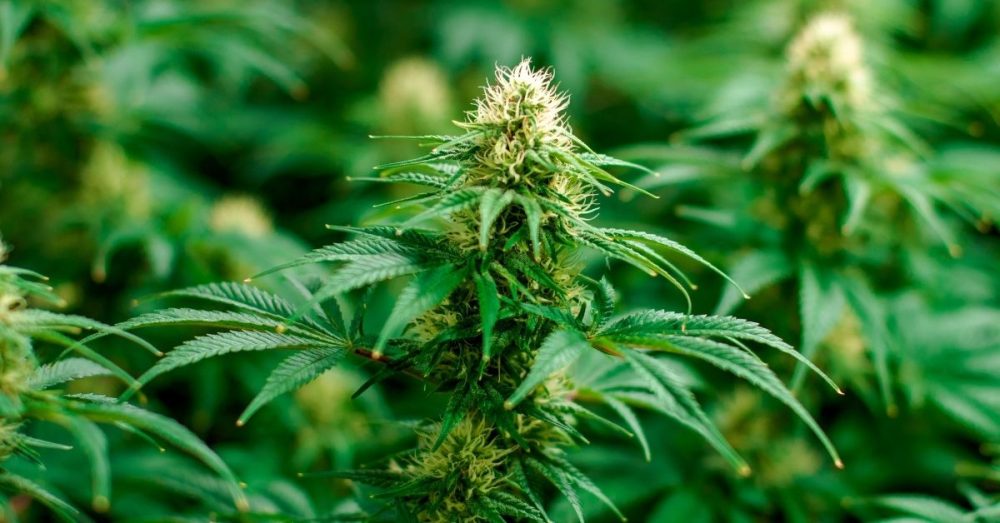As Texas continues its complex journey with cannabis regulation, the spotlight has shifted to a growing issue in the state’s legal framework: the blurred lines between hemp and marijuana.
While the Lone Star State has eased restrictions on cannabis, it remains caught in a high-stakes debate over how to effectively manage and regulate the products derived from the plant Cannabis sativa.
“The future of cannabis in Texas remains uncertain, largely due to ongoing confusion between hemp and regulated THC cannabis. For whatever reason, elected officials have been misled into believing that hemp is somehow different from cannabis. The fact is that hemp and cannabis are different varieties of the same plant and can be equally potent,” Jason Vedadi, the CEO of Story Cannabis, told The Dallas Express.
Currently, Texas permits the sale of hemp, a variant of cannabis with less than 0.3% delta-9 THC, the psychoactive component responsible for a user’s high. The intent behind this legal distinction is clear: hemp should be nonintoxicating.
However, recent investigations into the Texas hemp market challenge this notion.
Russell Gold, a senior editor at Texas Monthly, found during his own hands-on research that products sold at hemp dispensaries across Texas, ranging from Dallas to Houston, often exceed legal THC limits.
As reported by The Dallas Express, police in Allen, Texas, alongside the DEA and Collin County Sheriff’s Office, executed search and seizure warrants at hemp shops across the city. The stores in Allen are accused of selling products with THC levels far above the legal limit of 0.3%. Products seized in the stores that were raided reportedly contained THC concentrations ranging from 7% to 78%.
Compounding this issue is the ongoing battle between the state and the hemp industry.
The Texas Department of Health Services recently sought to classify delta-8 THC, another hemp-derived psychoactive compound, as a Schedule I controlled substance. This classification is generally reserved for drugs deemed to have no medical use and a high potential for abuse.
The Texas Supreme Court is also poised to decide whether the state health commissioner can regulate such substances under this strict classification.
“Highly regulated medical markets, with patient safety controls and age restrictions, are proven to be effective. They are much safer than unregulated markets with products of unknown origin, quality, and accessibility to children, which is currently the situation in Texas with hemp,” Vedadi added.
In January, Attorney General Ken Paxton sued five Texas cities — Austin, San Marcos, Killeen, Elgin, and Denton — for implementing amnesty and non-prosecution policies on marijuana offenses, as reported by DX.
Despite the lawsuits, Denton, Elgin, and Killeen stand by their decriminalization measures, which voters approved in 2022.


